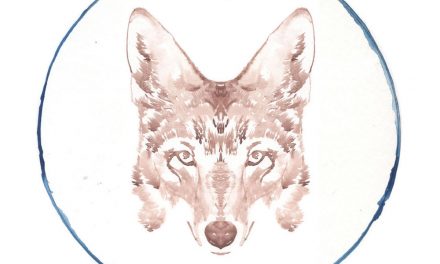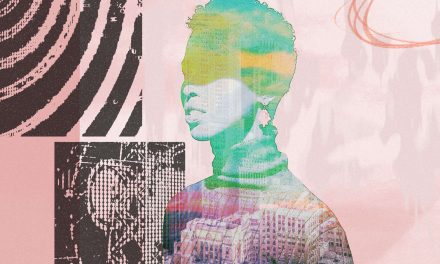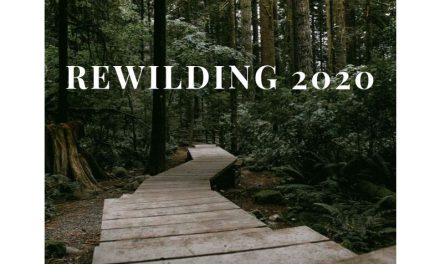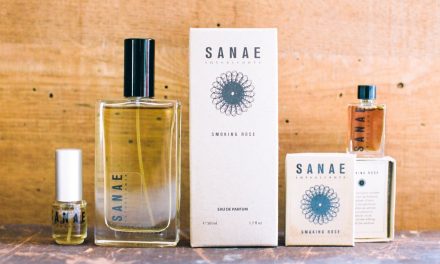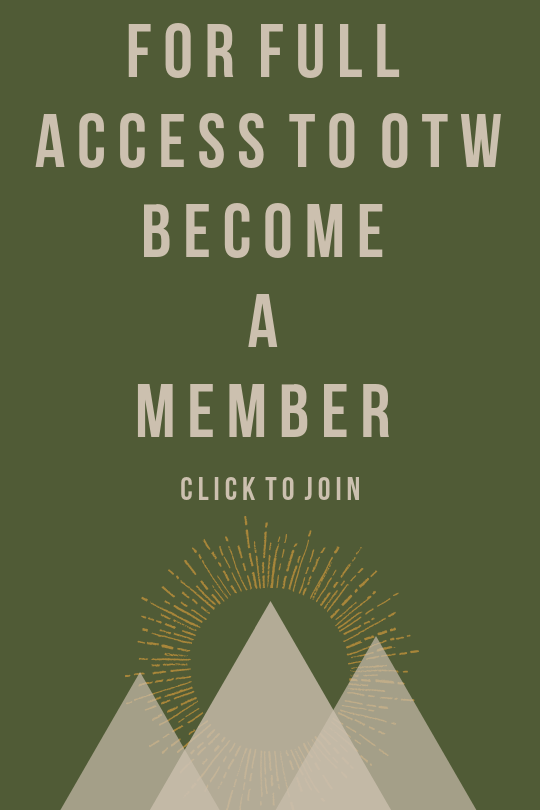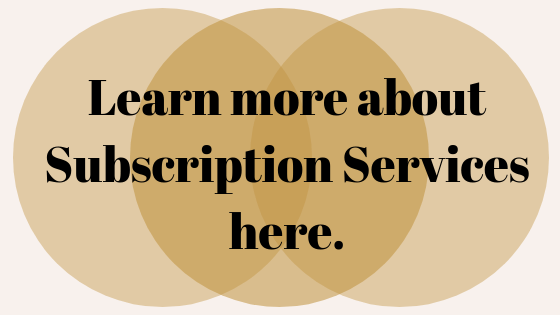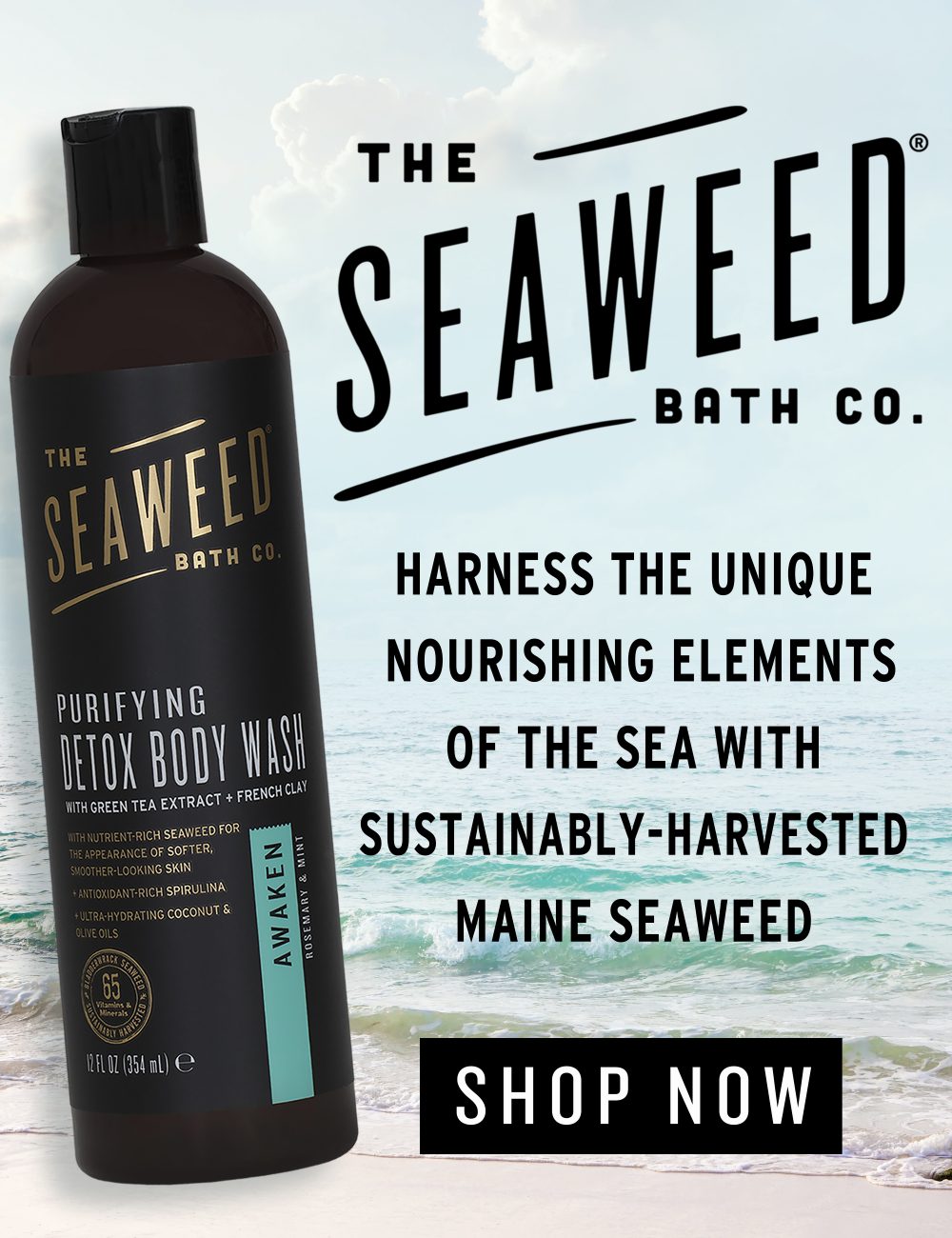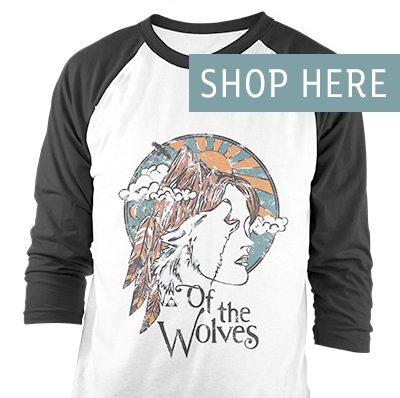Right by Animals | Real Ways to Protect, Respect & Love All Creatures From an Expert
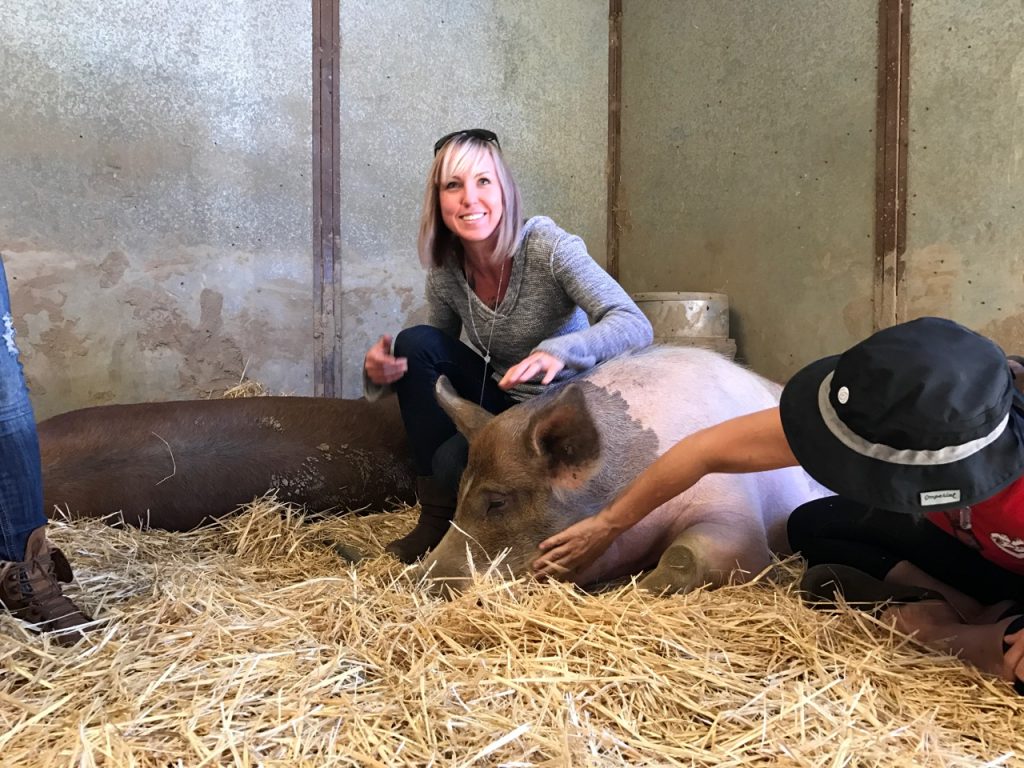
All photos from Erica Ruch.
A few months ago, we posted the following to our friends on Instagram, and this beautiful Q+A is what resulted. We hope you enjoy. – Micha
“When I was a little girl I wanted to be a vet. This lasted almost the entirety of elementary school, but b/c of Where the Red Fern Grows, Old Yeller + anything where an animal experienced pain I decided that was an impossibility. I’ve spent years wishing I could get more involved in animal rights orgs, but I also feel split apart when I see or learn of atrocities against animals or see them in pain. So OTW contributor + longtime PETA Senior Web Designer, vegan + animal activist Erica Ruch is going to answer some of our questions about how to get involved, how not be traumatized by the imagery + how to be compassionate but level-headed amidst an uphill battle of fair animal treatment.”
At what age did you know you wanted part of your career to be in service of animals?
In my early teens, I fell into the punk rock community where I discovered the animal rights movement, and I immediately became passionate about spreading the word about the abuse and suffering I had learned of. I wrote research papers in high school about factory farming and spent many nights at Kinkos making animal rights flyers to pass out at punk rock shows. At 14, I became vegetarian, and at 15 I became vegan. Growing up, I was pretty confident I would follow a path into the arts for my career (“Web Design” was not yet even a career!), yet I didn’t see how being an artist and how my passion for animal rights could ever merge into a career. Many years later, as I was finishing up my master’s degree, I had the realization that I could use my skills to help animal-focused non-profits reach more supporters. My thesis was on helping non-profits through the web medium, and I started a business that provided free and discounted web design services to small animal-focused non-profits. While I was doing this work, I found out PETA was hiring for a web designer, and in 2010 I joined their team. Working for PETA has been the perfect fit for me, as I get to be creative everyday and I also know my work is helping animals. It has also opened many doors for me to help animals in need first-hand.
How do you personally vet or judge, so to speak, organizations working on behalf of certain animal interests?
For the most part, animal-focused non-profits are all in this for the same reason – to protect and speak up for animals. I think it’s important to read up on animal issues thoroughly (Peter Singer’s “Animal Liberation” and “Eating Animals” by Jonathan Safran Foer are great first-reads), form opinions based on facts, and make informed decisions. If it’s a local group, I love to visit them and see what they do first-hand, and see the conditions animals they may be caring for are living in with my own eyes. If it’s a larger non-profit, I research their stance on animal issues to see how their mission aligns with what I feel is important, and see what tangible things they have accomplished.
One of the most upsetting, and yet important, lessons I have learned from working for PETA is there is a lot of misinformation out there about animal-rights and animal welfare organizations. There are a lot of powerful and influential industries and organizations that would love to see the demise of groups like PETA, HSUS, and others – because they are profiting and benefitting from the exploitation of animals in some way. They use their power and money to distort information and spread lies. Horrible lies are regularly circulated backed by people like Richard Berman, the Center for Consumer freedom, and other front groups. Having seen how common these attacks are and the deception of the misinformation that is spread, I try to always check sources of negative information that I come across that speaks up against animal-focused groups.
The best way I find to get to root of a question about a group, or to find out the validity of something I’ve heard is to contact the group directly and talk to them. If they aren’t responsive, know there are other groups out there that would be eager to talk with you and would value your support.
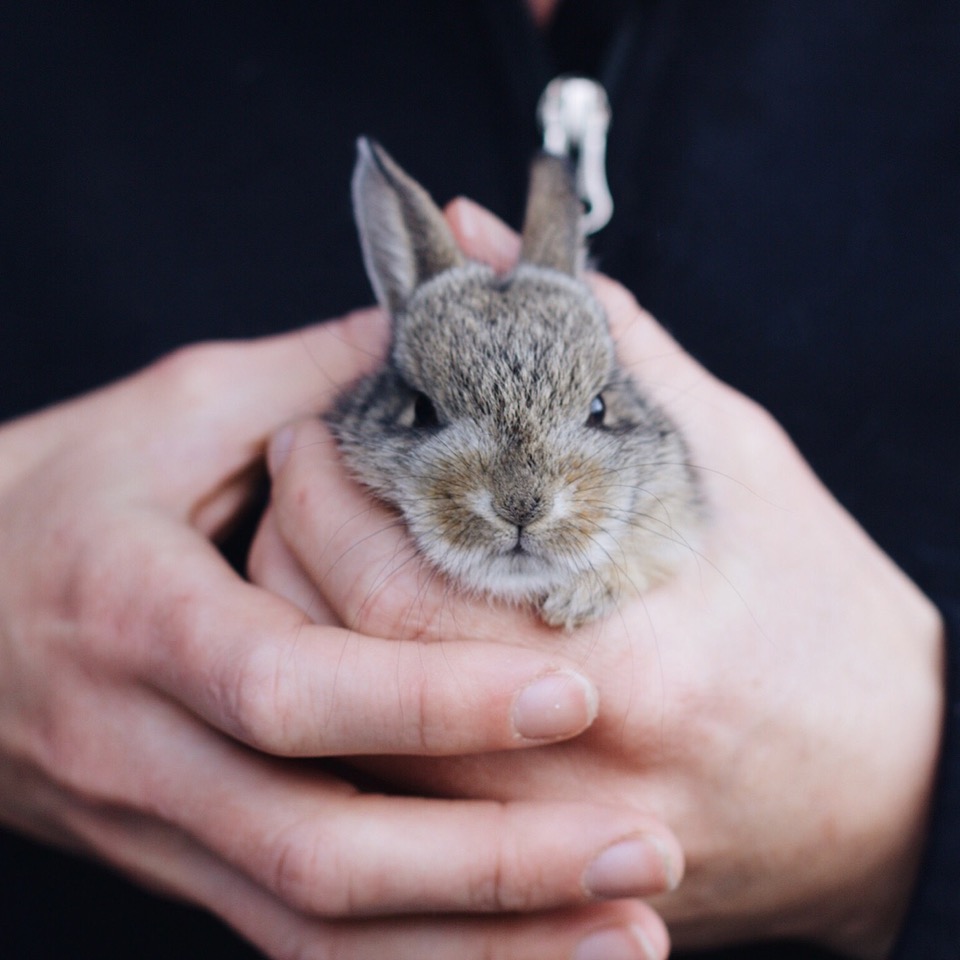
What do you say to anybody, to us, in regards to a deep desire to get involved in animal rights work but feeling positively broken by the imagery, the statistics, the actual stories of mistreatment?
Ah! If you feel completely broken by the imagery and stories, that is exactly why you should be involved. Taking action is the best cure for hopelessness. There are small decisions we all make everyday that can make a difference. Being an activist with your wallet is perhaps the single most important way we can help animals. Everytime we opt for a veggie burger over a hamburger it’s a small win for animals. Always buy faux instead of fur, or fake leather, or a synthetic-filled pillow instead of a down-filled pillow. Check to see if the brands you buy are tested on animals (this is a great resource https://features.peta.org/cruelty-free-company-search/index.aspx ). Always adopt, and never buy from a breeder or pet store.
I have found that by shifting where I spend my money I feel so empowered. I also feel so much inner peace everyday knowing that I’m causing the least amount of harm with the decisions I make throughout my day. Making a choice based on compassion will always feel uplifting, and makes stomaching the tough stuff a bit easier because you have peace knowing you aren’t supporting it.
Are there any mantras, mindfulness practices – anything – you practice to stomach the imagery and hear about the atrocities against animals that you have to to get involved, to make a difference?
It’s tough. It’s not easy. It’s heartbreaking. Those of us with a reverence for all life can’t help but walk away from a film like Earthlings, or an expose of an undercover investigation, and not feel completely devastated and emotional. And since none of us want to feel this way – the easiest thing to do is to turn away rather than be made to feel sad or uncomfortable. I’ve spent many hours and days crying over the things I’ve seen.
What I know, and constantly remind myself of, is this: the sadness and discomfort I feel when I see imagery or hear of animal suffering is so marginal and fleeting compared to the horrible inescapable pain these animals are experiencing every second of every day. The least I can do for them is to wholly see, and hear, and listen. I feel I owe it to them to not turn away. I then take the energy of the sadness and anger and pain and transform it into action. Make it fuel for your fire. We have to find a way to be strong for them, because we’re their only voice.
What do you say to people if/when they mention viewing PETA as too extreme?
I’m not a spokesperson for PETA, just an employee and a supporter. People are all entitled to their opinions (and boy, do we all have them). All I can do is show people the incredible victories for animals that they have fought tirelessly for, and point them to the changes they make in animals lives everyday. They fight relentlessly for animals; they always put the best interest of animals above all else (and I can attest to this first-hand); they will get your attention however they can and they will get you talking and thinking about animal rights when you least expect it. They aren’t shy about pushing veganism over vegetarianism, and they never ever, ever, give up. Without fail, they continue to open the eyes and hearts of people, and stop the suffering of animals around the world. They keep the conversation about animal rights in the public eye, which is perhaps their most important work. I think their accomplishments should speak more than volumes for their integrity.
From my personal experience, what the public cannot see, is I work with the most compassionate and kind-hearted people I have ever met. Especially the field workers in PETA’s Cruelty Investigation Department and the Community Animal Project – these people are of a special breed and heart. They see and do the toughest work, they work tirelessly, and they will do whatever it takes to help every single animal that comes their way. If there is a heaven, I have no doubt there’s a special place for them.
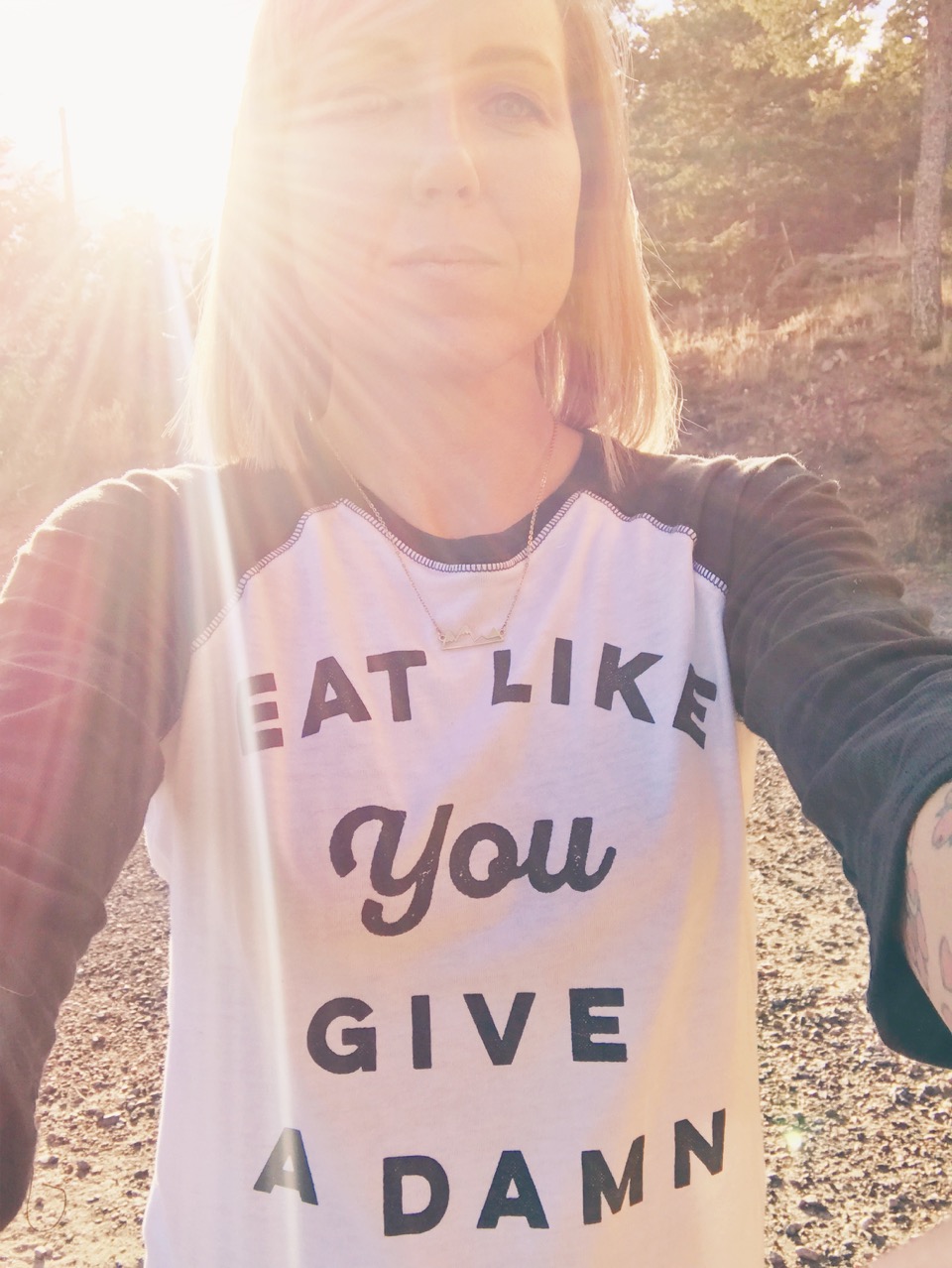
Talk to us about being vegan…
I initially went vegan when I was 15, but I was really bad at it. I was definitely a “junk food vegan”. When I found out Abba-Zabbas, Hot Tamales, and chips and salsa were vegan I was like, ‘I can totally do this’. Obviously, I had no grasp on nutrition at the time, and I became way too skinny and unhealthy. After 2 years of eating vegan junk food I went back to eating dairy (vegetarian), and didn’t make the switch back to vegan until 2009.
Knowing what I know now about nutrition and the health benefits of eating a whole foods, plant-based, vegan diet I think it’s ironic that I somehow equated putting dairy back into my diet as the solution to my unhealthy diet. Dairy is one of the most inflammatory and acidic foods – our bodies are so much better without it. I wish I had the resources then that are available now to make me realize that dairy was far from the answer, and what I really needed was more plants in my diet and less processed junk. With how awesome I feel now heading into my 21st year without eating meat, and my 6th year without any animal products, I am 100% confident I will stay vegan for the rest of my life.
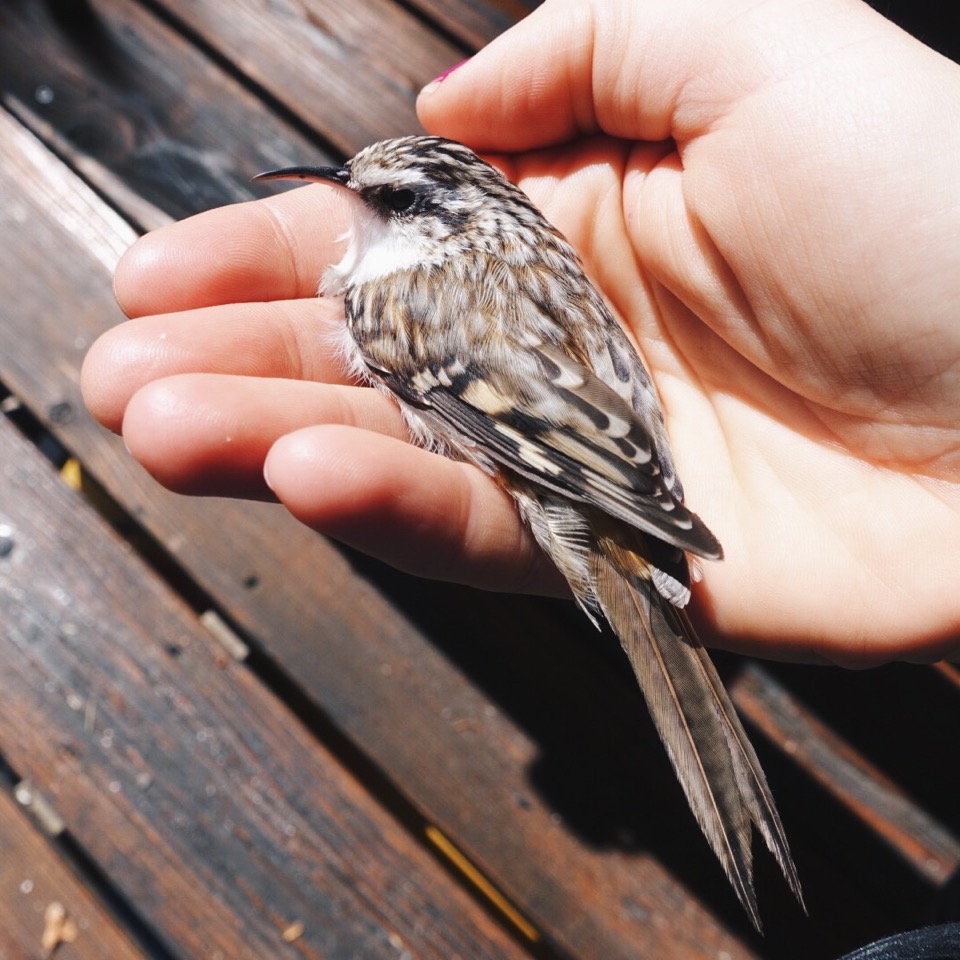
Are there any recent successes or “fights” for animals you’ve seen won lately you can share? Any positive stories of your activist work you’d love to share?
Over the years, I have seen so many big and small victories that keep me positive and help me believe that the future for animals is bright. The ones that warm my heart the most are the friends that reach out to tell me they’ve become vegan or vegetarian because they’ve learned from me how easy and important it is, or being at a protest for the circus and to have families say they will never again go to a circus that uses animals after giving them a leaflet. I’ve even seen people read a leaflet and join the protest right there! There’s a domino effect when someone makes a kind choice, and seeing so many people around me over the years decide to make compassionate living an priority, I am filled with so much hope.

